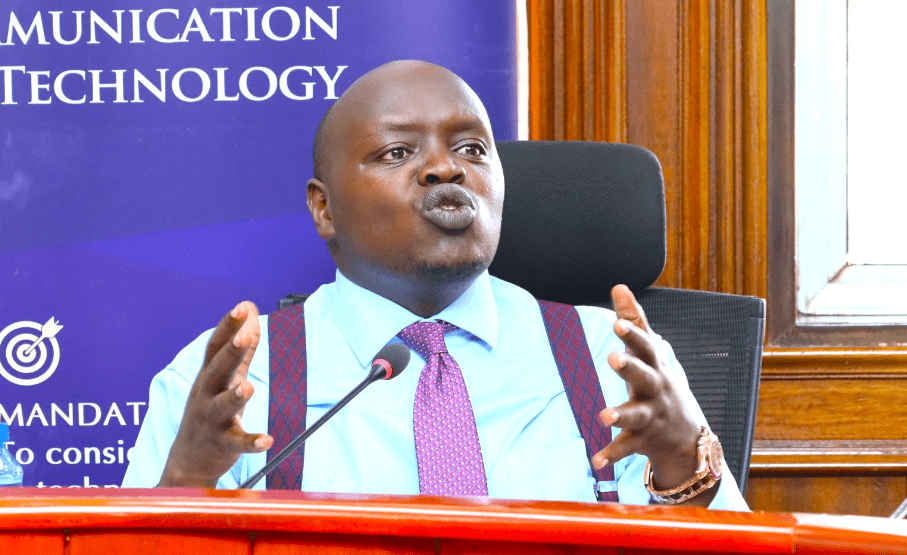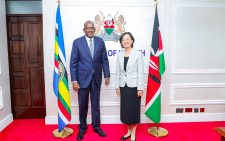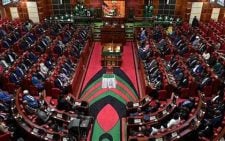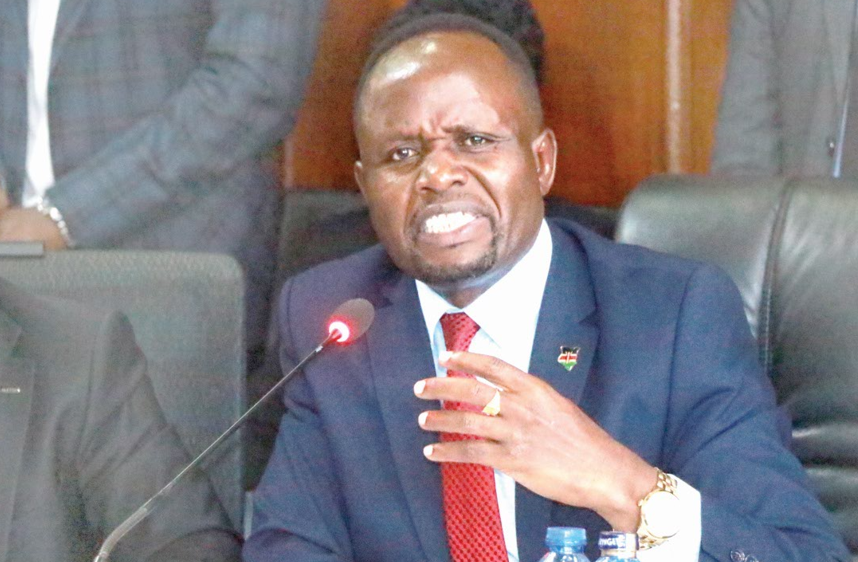Africa decries donations of near-expiry vaccines
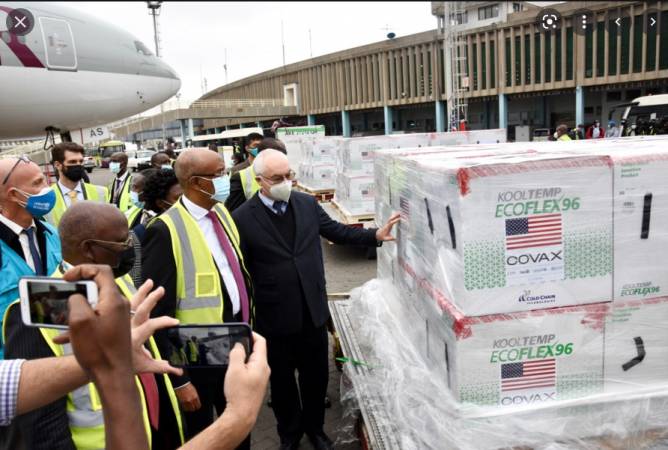
by Geneva, Switzerland
Rich countries donating Covid vaccines must give “better quality” doses rather than ones that are about to expire, a Covax chief said yesterday after the scheme notched a new delivery record.
The Covax facility was set up by the World Health Organisation (WHO), Gavi the Vaccine Alliance and the Coalition for Epidemic Preparedness Innovations to ensure poorer countries can access vaccines.
“A Unicef worker checks boxes of the Moderna coronavirus vaccine after their arrival at the airport in Nairobi, ,” Gavi Chief Executive Seth Berkley tweeted.
The record was broken on Monday with the shipment of 11,386,090 doses to six countries, a Gavi spokesman told AFP.
Covax has faced difficulty purchasing doses because of export problems, as well as wealthy nations hogging batches straight off the production lines — leaving it more reliant on donated jabs.
The scheme had hoped to deliver two billion doses in 2021, but has so far delivered 563 million doses in total to 144 participating economies, with the cost covered for the poorest 92 territories.
Advance notice
Donor countries have provided millions of doses to Covax but Berkley pleaded with them to give more advance notice and not to hand on poor quality batches.
“We have been asking our donors, vaccine manufacturers for months to give us better quality donations, and more line of sight and when doses will be received,” he said.
More than 7.8 billion Covid-19 vaccine doses have been injected around the world, according to an AFP count.
In high-income countries, 146 doses have been administered per 100 people. In low-income nations, that figure drops to eight per 100. In Africa, the figure is 17 per 100.
Some have blamed the glaring inequity — giving the virus greater room for manoeuvre in poorer countries — for the emergence of the new Omicron variant of concern, first detected in southern Africa.
More than 90 million doses have been donated to Africa through international schemes.
But Covax and Africa’s similar home-grown scheme AVAT issued a joint statement this week spelling out further some of the difficulties faced with dose donations.courtesy“The majority of the donations to date have been ad hoc, provided with little notice and short shelf lives. This has made it extremely challenging for countries to plan vaccination campaigns,” the statement said.
Dealing with such doses “exponentially magnifies the logistical burden on health systems that are already stretched”, it said.
The statement urged that as a standard from January 1, donated doses should have a minimum of 10 weeks’ shelf life and recipient countries should be given at least four weeks’ notice.
Doses should also come with the necessary syringes — not included with the majority of donations to date, the statement said.
WHO yesterday warned a “toxic mix” of low vaccination coverage and low testing rates was creating fertile breeding ground for new Covid-19 variants.
The WHO said measures to stop the globally-dominant Delta variant would also hinder Omicron, first discovered in November in southern Africa and which has since rattled countries around the world.
WHO chief Tedros Adhanom Ghebreyesus called on countries to optimise their public health and social measures to control the spread of Covid-19.
He also said nations needed to ensure that high-risk and vulnerable individuals are fully vaccinated “immediately”.
Tedros sounded a reminder that while global attention turns to Omicron, the world was already grappling with the “highly transmissible, dangerous” Delta variant, which currently “accounts for almost all cases” globally.
Toxic mix
“We need to use the tools we already have to prevent transmission and save lives from Delta. And if we do that, we will also prevent transmission and save lives from Omicron,” Tedros told a press conference.
“But if countries and individuals don’t do what they need to do to stop transmission of Delta, they won’t stop Omicron either. Globally, we have a toxic mix of low vaccine coverage, and very low testing — a recipe for breeding and amplifying variants,” he said.
He added: “That’s why we continue to urge countries to… ensure equitable access to vaccines, tests and therapeutics all over the world.”
Meanwhile, the United States will soon require international travelers entering the country to take a Covid test one day prior to departure, regardless of vaccination status, an official said amid global concern over the Omicron variant.
A spokesperson for the Centers for Disease Control and Prevention said the measure would be announced once the rule is finalised.
President Joe Biden is set to talk about America’s winter plans for Covid on today and might announce the new requirements then.
—AFP



